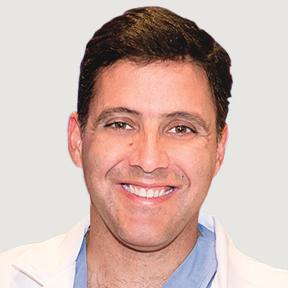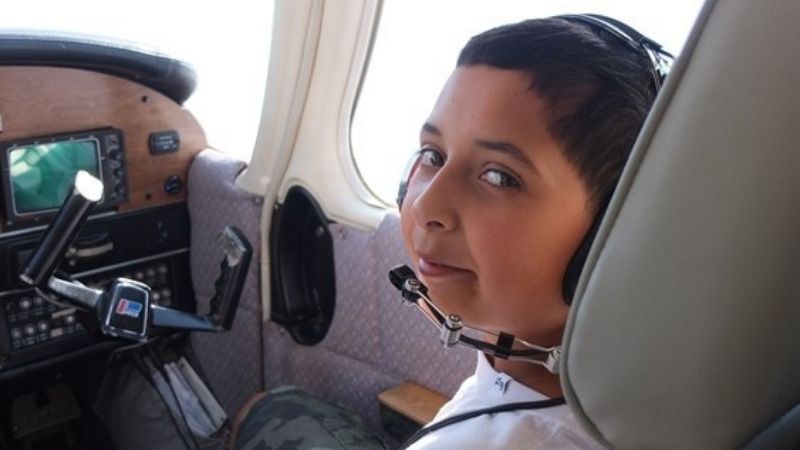Our Neurosurgery Center, part of the Outpatient Surgical Specialty Center, provides surgical intervention for a variety of brain and spinal cord disorders and injuries. Some of these disorders include brain tumors, spina bifida, hydrocephalus and epilepsy.
Clinical Evaluation & Treatment
Children ages birth through 21-years-of-age receive a comprehensive care plan that manages a child’s symptoms from diagnosis to treatment by a specialized neurosurgery care team. Some common tests performed include intracranial pressure monitoring and quantitative EEG.
- Intracranial Pressure Monitoring
Intracranial pressure monitoring is a device placed inside the head, which senses the pressure and sends its measurements to a recording device. This measures the intracranial pressure and determines if the child is at risk for developing injury from increased intracranial pressure. It is also meant to provide a sterile access for draining excess cerebral spinal fluid (CSF). - Quantitative EEG
Quantitative EEG is a scientifically established method for evaluating brain function based on
brain electrical activity mapping. In this form of functional brain imaging, the child's brain electrical activity is analyzed using complex mathematical and statistical tools in comparison to norms
or averages.
Some conditions may be controlled through medications or rehabilitation therapies. In more complex cases, neursurgery is required.
Neurosurgical Care
Many times surgical care is needed to help stop or lessen diseases associated with the brain and spinal cord. Our neurosurgeons work closely with other pediatric sub-specialists to consult on their surgical cases. Most of the neurosurgical care is done at our Surgical Center.
Follow-Up Care
Most patients will be asked to complete post-operative follow-up care at the Neurosurgery Center to ensure that there are no complications from the surgery and that the patient is recovering well.
This typically happens in the two to three weeks following the surgery. Follow-up visits are generally continued until the child is ready to seek follow-up care at other outpatient centers that are specialized the child’s specific condition or until care can be returned to the primary care physician.
Your Care Team
Our neurosurgery care team provides consultation, comprehensive assessment including review of past and current medical history, physical examination, diagnosis, treatment and overall case management of a child’s special medical needs. A Neurosurgeon is surgeon who specializes in the brain, spinal cord and nerves and usually coordinates all surgical interventions of head abnormalities.
Meet our Neurosurgeon

Other Team Members
- Surgery Scheduler
Surgery Scheduler is responsible for arranging authorizations for procedures, appointments, special tests and studies and communication among the child, family, primary care physician, team and others involved in the care of the child. - Child Life Specialist or Assistant
Child Life Specialists or assistant can help your child better understand his or her condition and treatment while making him or her feel more comfortable during their stay or visit to
Miller Children’s.

